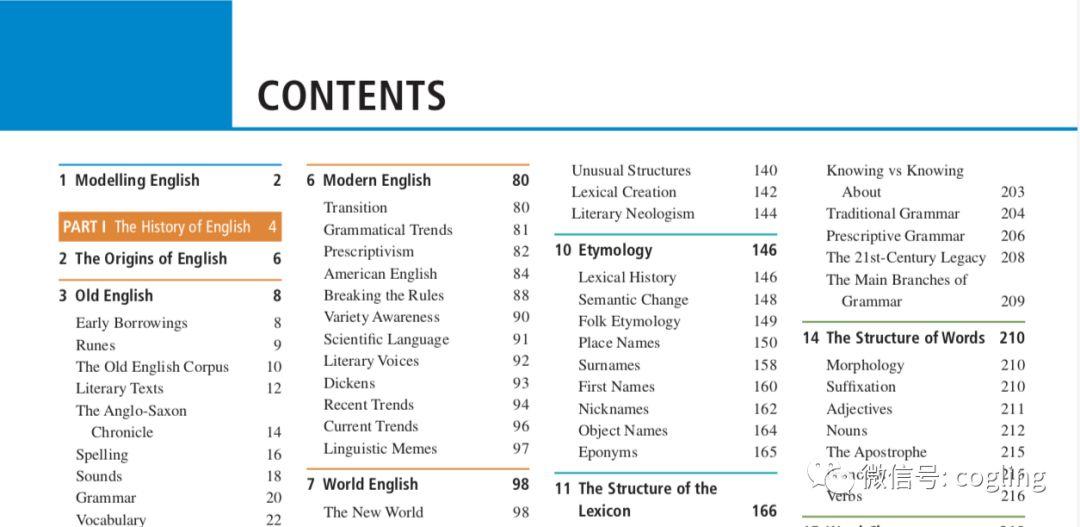
本书简介
Now in its third edition, The Cambridge Encyclopedia of the English Language provides the most comprehensive coverage of the history, structure and worldwide use of English. Fully updated and expanded, with a fresh redesigned layout, and over sixty audio resources to bring language extracts to life, it covers all aspects of the English language including the history of English, with new pages on Shakespeare’s vocabulary and pronunciation, updated statistics on global English use that now cover all countries and the future of English in a post-Brexit Europe, regional and social variations, with fresh insights into the growing cultural identities of ‘new Englishes’, English in everyday use with new sections on gender identities, forensic studies, and ‘big data’ in corpus linguistics, digital developments, including the emergence of new online varieties in social media platforms such as Facebook, Twitter and WhatsApp. Packed with brand new colour illustrations, photographs, maps, tables and graphs this new edition is an essential tool for a new generation of twenty-first-century English language enthusiasts.
作者简介
David Crystal, University of Wales, Bangor
David Crystal is one of the world’s foremost authorities on language, having published extensively over the past fifty years on his research work in English language studies. He has authored the hugely successful The Cambridge Encyclopedia of Language (Cambridge, 3rd Edition, 2010) English as a Global Language (2nd edition, 2003) and Language and the Internet (Cambridge, 2nd edition, 2006) among countless other books. An internationally renowned writer, editor, lecturer and broadcaster, he received an OBE in 1995 for his services to the study and teaching of the English language. He is Honorary Professor of Linguistics at the University of Wales, Bangor and was made a Fellow of the British Academy (FBA) in 2000. David Crystal is the director of the Ucheldre Centre, Wales, a multi-purpose arts and exhibition centre.
作者序(Preface)视频
本书目录
Table of Contents
1. Modelling English
Part I. The History of English:
2. The origins of English
3. Old English
4. Middle English
5. Early modern English
6. Modern English
7. World English
Part II. English Vocabulary:
8. The nature of the lexicon
9. The sources of the lexicon
10. Etymology
11. The structure of the lexicon
12. Lexical dimensions
Part III. English Grammar:
13. Grammatical mythology
14. The structure of words
15. Word classes
16. The structure of sentences
Part IV. Spoken and Written English:
17. The sound system
18. The writing system.
Part V. Using English:
19. Varieties of discourse
20. Regional variation
21. Social variation
22. Personal variation
23. Electronic variation
Part VI. Learning About English:
24. Learning English as a mother tongue
25. New ways of studying English.
图书目录页下载网址
https://assets.cambridge.org/97811084/23595/toc/9781108423595_toc.pdf
图书样张页下载网址
https://assets.cambridge.org/97811084/23595/excerpt/9781108423595_excerpt.pdf